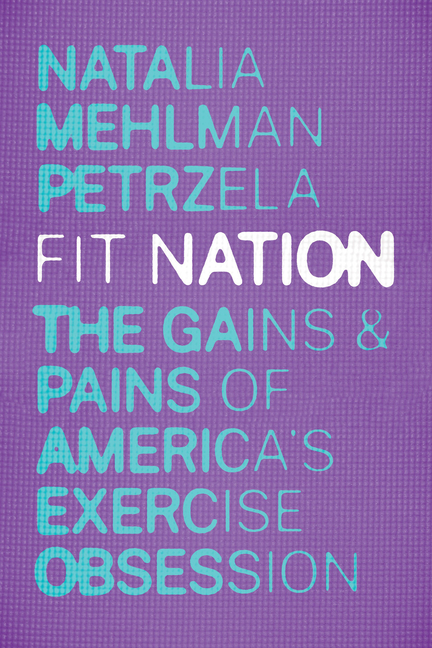Petrzela’s cultural history combines an academic approach with an activist’s urgency ... Her previous work with Equinox and Lululemon clearly informs her criticism, and many passages carry an exciting turncoat vigor. She writes against the 'lifestyle' that her former employers represent ... Petrzela’s primary argument is unobjectionable: Exercise shouldn’t be available to the wealthy alone. But to make this point, she focuses mostly on flashy, culture-defining examples from the private sector. Petrzela surely understands that programs such as SoulCycle aren’t the root cause of inequality in fitness. But in her preoccupation with them, she seems to blame the supply side for the shameful inaccessibility of exercise in this country ... Despite its attempt to offer a broad view of exercise in America, Fit Nation is primarily a history of America’s fanciest gyms and trendiest programs, only punctuated with compact reminders that physical education programs are routinely underfunded and devalued ... But if these critical scissors are going to cut, she needs a second blade: a sustained critique of the failures of public infrastructure to provide options outside of exclusive gyms and expensive boutique classes ... Fit Nation is at its most exciting when it provocatively and firmly argues that fitness is not an unmitigated good in American culture. But even as Petrzela is circumspect about the resources, social and otherwise, that fitness demands from its participants, she hasn’t given up on a radical future for exercise ... Though Fit Nation is often distracted by the shiny fitness pursuits of the wealthy, the book offers a valuable foundation for activism around fitness. Petrzela rips back the plush carpet of elite institutions to reveal the rotting foundation beneath.
Read Full Review >>

